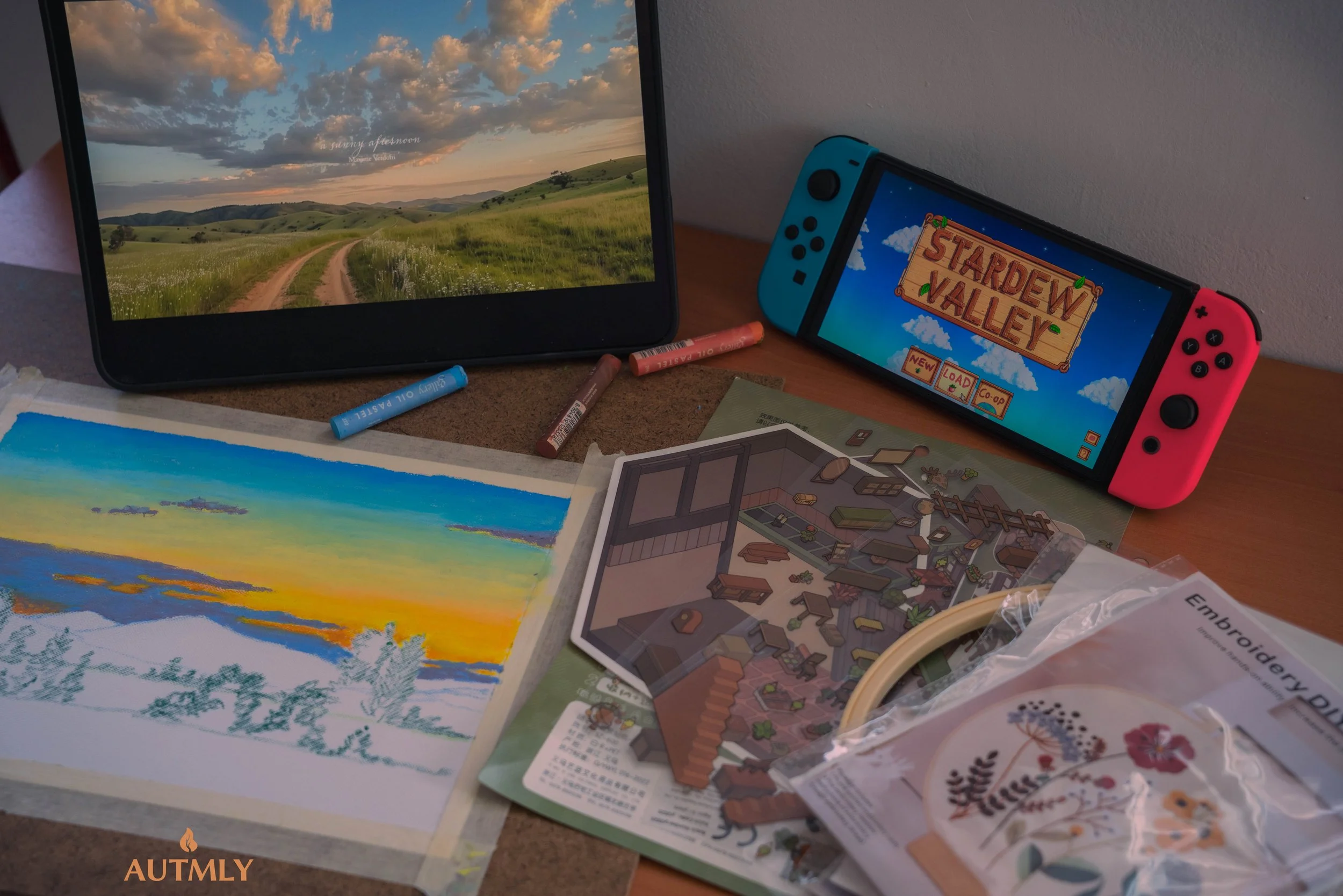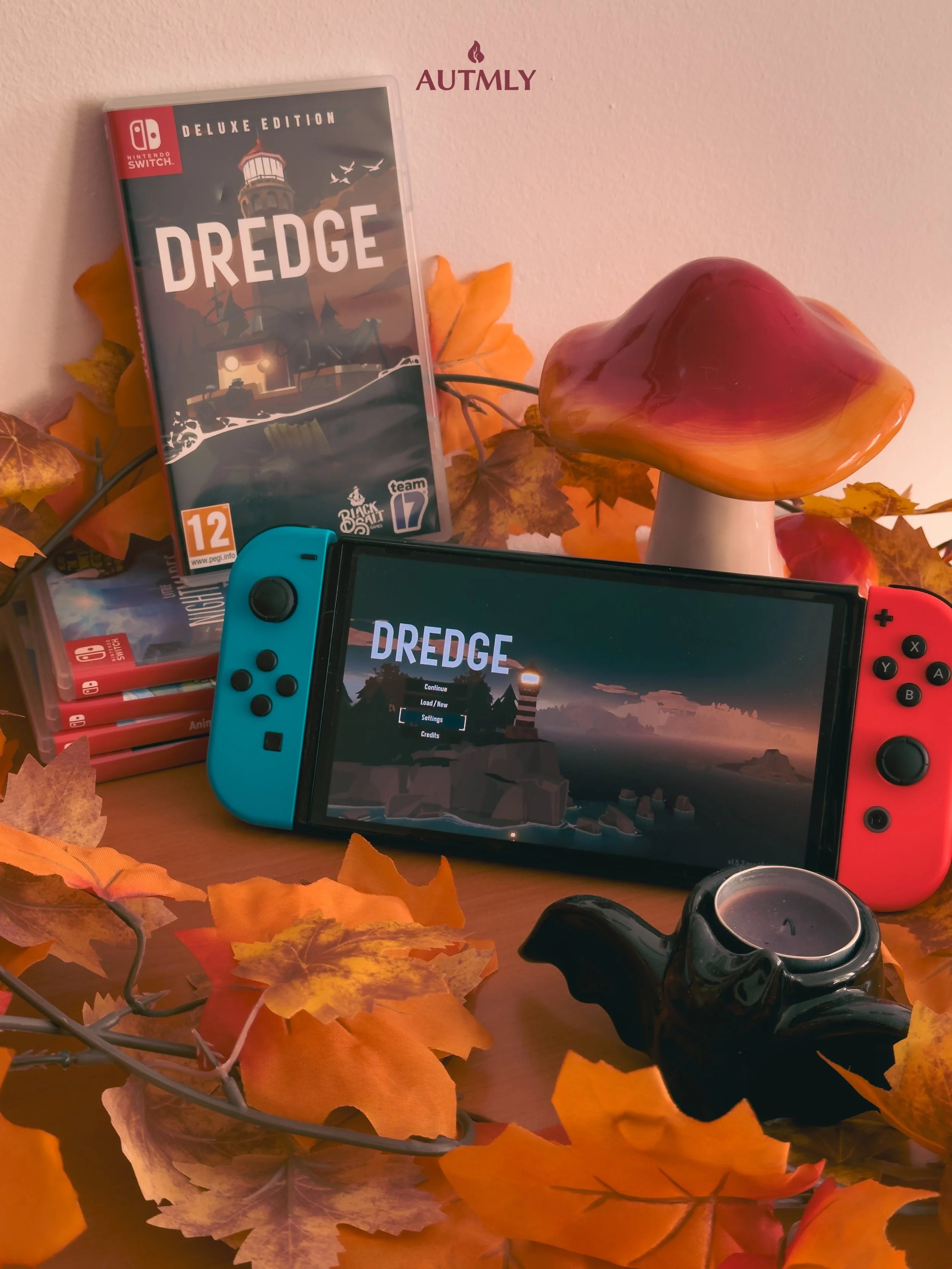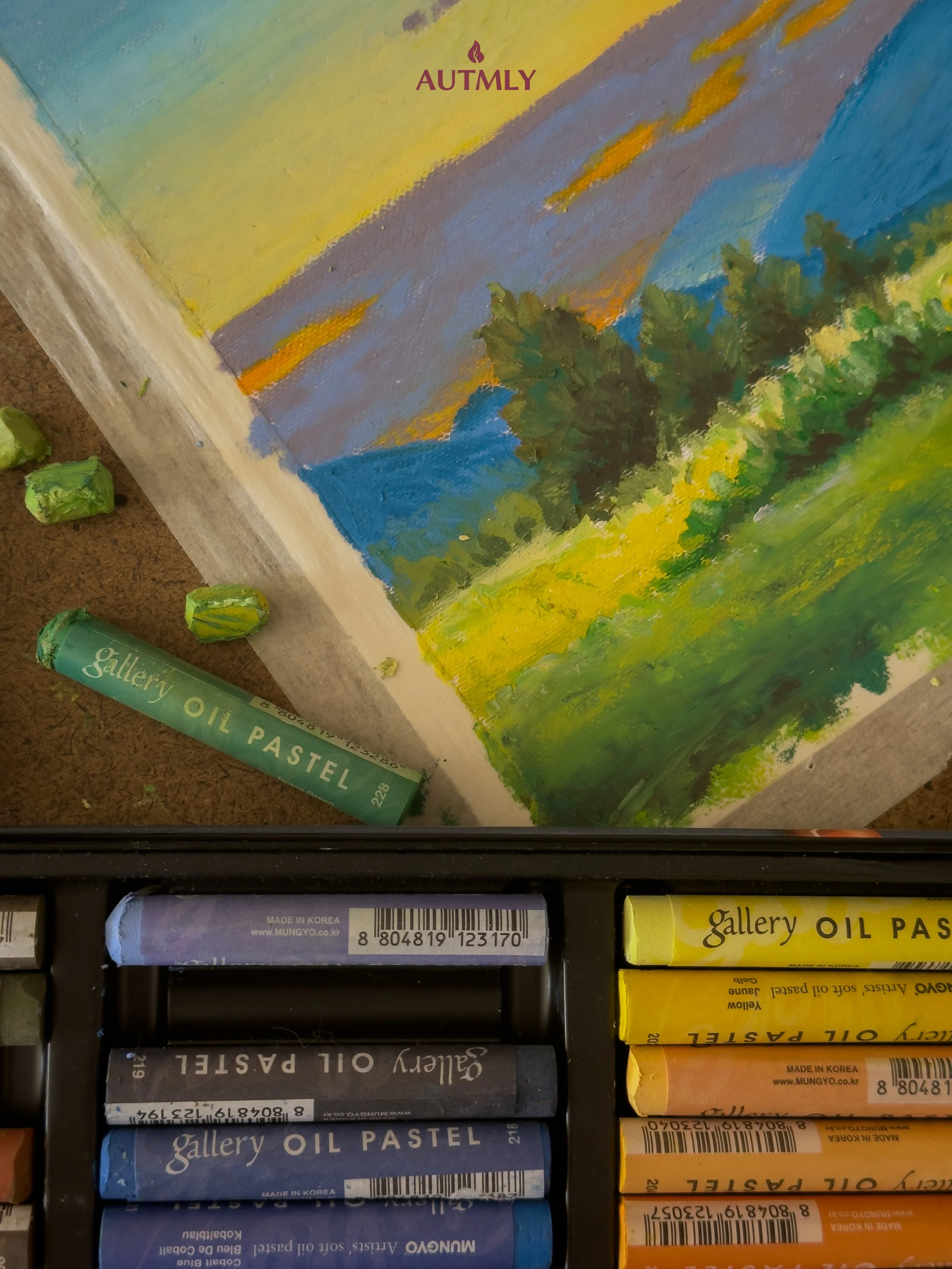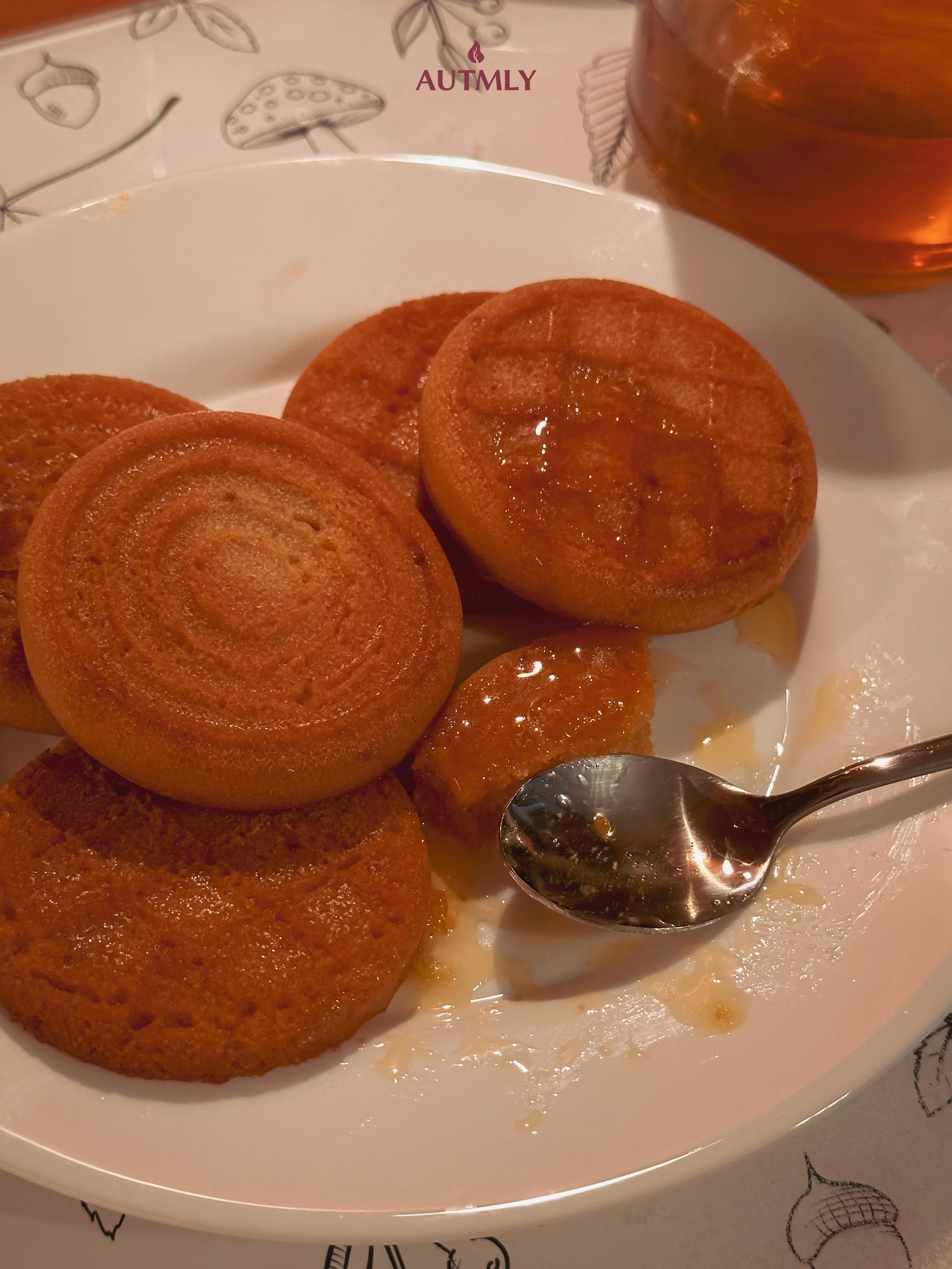The Power Of Cozy Hobbies
Over the past few months, ever since I decided to bring more mindfulness into my life, I found myself reaching for a cozy hobby more often than not. I would curl up with a sketchbook or a cozy game instead of doomscrolling late into the night, feeling anxious and guilty about the lost hours afterwards.
There’s something quietly nourishing about working on a simple painting project, threading an embroidery needle, or reading a few pages of a novel with a cup of tea. These moments feel like intentional breaths of fresh air for my mind. I’ve noticed that after an hour of such gentle, focused activity, I often feel calmer and more centered, almost as if my brain has had a chance to reset.
Original photo - taken and owned by Autmly
Finding Flow in Simple Tasks
One of the most magical aspects of these cozy hobbies is how they can bring on a flow state – that feeling of being fully absorbed in an activity until hours pass in what feels like minutes. Psychologist Mihaly Csikszentmihalyi famously described flow as complete immersion and focus, where self-consciousness fades and time seems to melt away. And we can often experience flow while painting, knitting, or even playing a relaxing video game.
In one study on the subject, participants spend 45 minutes doing art-making and found their stress hormone levels dropped significantly by the end. Regardless of how skillful their work was! The simple act of creation, without pressure or judgment, was enough to give their minds a break. Similarly, listening to calming music or playing a gentle puzzle game can engage us just enough to quiet internal chatter, giving our brains a needed rest.
Even if a cozy game doesn’t reduce stress as much as formal meditation, the takeaway is that these activities still offer substantial relief – and they’re easy and enjoyable ways to decompress.
Original photo - taken and owned by Autmly
Creativity and Calm
Another benefit of cozy hobbies is emotional processing. Activities like journaling, reading, or crafting often provide a safe outlet for feelings that might otherwise stay bottled up. Writing in a journal or doodling on paper can make abstract worries feel more concrete and understandable. The sqimple habit of writing down thoughts has been shown to help people manage anxiety and reduce stress.
Researchers note that expressive writing helps prioritize problems and triggers positive self-talk, which can improve mood. Likewise, curling up with a good book can be surprisingly restorative. A longitudinal study of college students found that those who spent time reading for pleasure saw a significant drop in psychological distress over the school year. Reading seemed to buffer students against daily stressors and improve mental health over time.
Original photo - taken and owned by Autmly
Cozy Hobbies in Everyday Life
Cozy hobbies can take many forms, but they often share common traits: they are chosen activities (not automatic or mindless), they engage the senses or creativity at a gentle pace, and they are usually relatively unhurried. Here are some of the most common cozy hobbies and what science says about them:
Painting, Drawing, or Coloring: Artistic activities engage both the mind and the senses. They can trigger that flow state and give a sense of calm and focus. Creative expression lets us process emotions non-verbally and often boosts positive feelings of self-efficacy.
Embroidery, Knitting, or Crochet: The rhythmic repetition is meditative. These crafts also tend to give a tangible sense of progress (one extra row, one new stitch), which can be very satisfying and grounding.
Reading and Journaling: Slowing down with words eases mental load. Reading fiction or poetry transports the mind and can reduce psychological distress. Journaling, on the other hand, helps clarify and cope with feelings. Writing in a journal is linked with better mood and can help people identify stress triggers.
Cozy Gaming: Casual, non-competitive games, like farming sims, puzzles, or gentle story-driven games, can surprisingly be relaxing. Although, not quite as strong as meditation, even a video game can help our minds unwind, especially if it’s one chosen intentionally for relaxation rather than compulsive scrolling.
Making Time for a Cozy Unwind
Cultivating cozy hobbies doesn’t mean adding pressure to your schedule. In fact, the point is to allow them to be free and enjoyable. You might start with just five minutes a day of doodling or reading – even a short daily ritual can signal the brain to relax.
And over time, these little rituals build resilience. The science agrees that regular creative leisure makes us more adaptable: it improves emotional regulation, increases cognitive flexibility, and even boosts long-term concentration and memory.
Original photo - taken and owned by Autmly
In the end, gentle hobbies teach us a soft lesson: rest for the mind looks different from rest for the body. It can mean focusing intently on a simple task, not doing nothing. By inviting more mindful creativity into our downtime, we give our brains a chance to unwind and heal. So next time you feel frazzled, consider reaching for that coloring set or brewing a cup of tea and cracking open your novel. You might be surprised how powerful these quiet, cozy moments can be in transforming stress into peace.
Thank you fore reading and I hope to see you next time.
Keep your heart cozy, no matter the season. 🍂
———————————————————————————————————————————————————————————————————————————————————————————-
Sources I used for researching creative hobbies, flow states, and relaxation from recent studies and articles:
https://www.urmc.rochester.edu/encyclopedia/content?ContentTypeID=1&ContentID=4552




